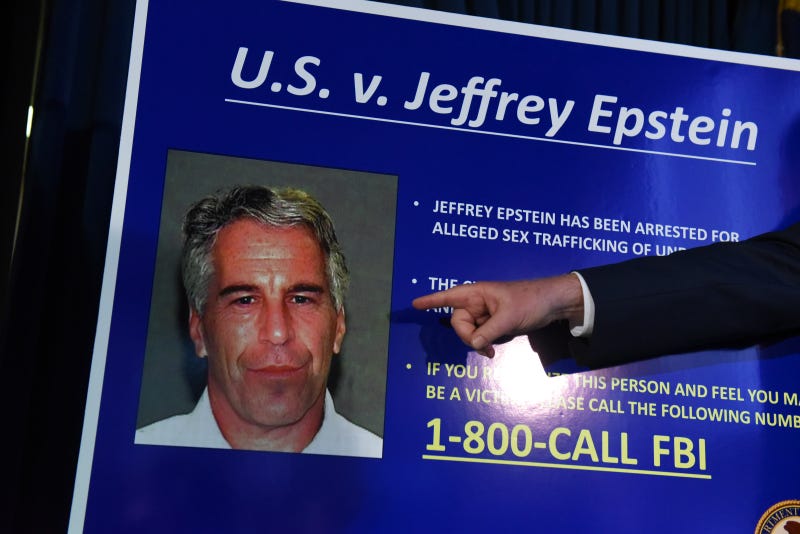
A new federal law directing the Justice Department to release the Jeffrey Epstein files is expected to take weeks or months to carry out, even after President Donald Trump signs the measure.
The DOJ must conduct a detailed legal review before releasing any records, redacting information protected by federal law, including victim identities, grand jury material, and classified or sensitive investigative details.
While the legislation requires the files to be made public, several factors could delay or limit what is ultimately released. Individuals named in the documents could challenge disclosure in court, and judges could temporarily block the release while privacy or due-process claims are reviewed.
Federal statutes that shield certain records - such as grand jury proceedings - still apply, meaning portions of the files may remain sealed regardless of the new mandate.
The bill cleared Congress with overwhelming bipartisan support and is part of a broader push for transparency surrounding the long-running Epstein investigation. The Justice Department has not issued a timetable for when the reviewed files will be published.
There are also questions surrounding whether the DOJ will redact information involving the highest-profile Epstein clients under their right to protect an 'ongoing investigation.'
